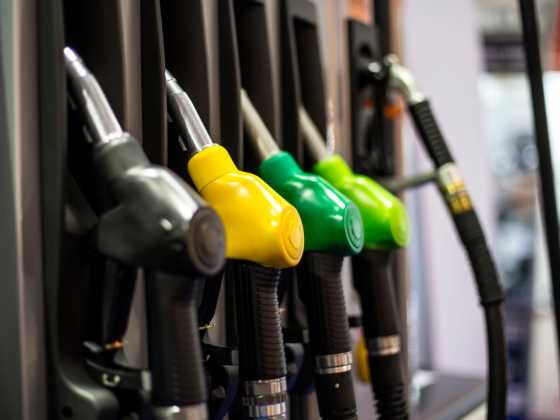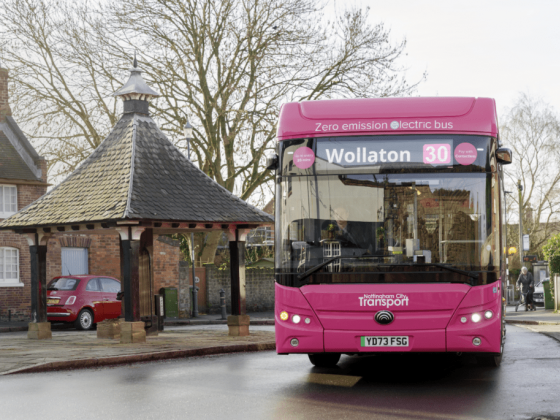Northern universities to research rapid ways to reduce emissions

Scientists from the University of Leeds are leading a research network of northern universities to find new ways to rapidly decarbonise UK transport.
The DecarboN8 network will focus on tackling surface transport emissions, which form 26 per cent of the UK’s greenhouse gas emissions. These include emissions from cars, vans, buses, heavy goods vehicles and trains.
It will also examine emissions from the construction and maintenance of these vehicles, and infrastructure.
The network, worth £1.25 million and funded by the Engineering and Physical Sciences Research Council (EPSRC), is made up of experts from the N8 Research Partnership, a collaboration of the eight most research intensive universities in the North of England; as well as experts from Government and industry.
The project will look specifically at how different places could be rapidly switched to electromobility for personal travel, and how different decarbonisation strategies needed for cars and heavy vehicles can interact with each other.
Professor Greg Marsden from the Institute for Transport Studies at Leeds, will lead the project. He said: “The challenge of reaching zero carbon emissions by 2050 as outlined in the latest report from the Committee on Climate Change represents a huge technological, engineering, policy and societal challenge for the next 30 years.
“A key element of the work of DecarboN8 will be to demonstrate how 'place' is important to researching the decarbonisation challenge. This will open up a new branch of decarbonisation science across the transport and energy sector that will be of real significance to other regions in the UK and globally.
“A focus on place is also essential to consider the connection to local energy resources that may play a part in emission reduction, for example the availability of clean hydrogen which could power trains or ambulances.”



